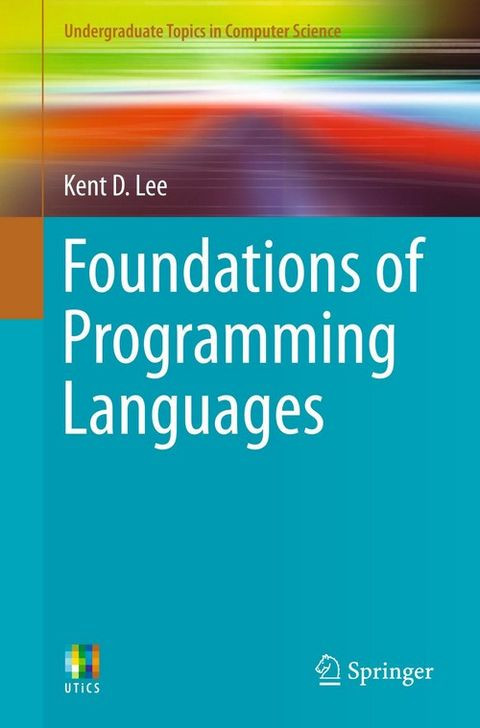

Most ebook files are in PDF format, so you can easily read them using various software such as Foxit Reader or directly on the Google Chrome browser.
Some ebook files are released by publishers in other formats such as .awz, .mobi, .epub, .fb2, etc. You may need to install specific software to read these formats on mobile/PC, such as Calibre.
Please read the tutorial at this link: https://ebookbell.com/faq
We offer FREE conversion to the popular formats you request; however, this may take some time. Therefore, right after payment, please email us, and we will try to provide the service as quickly as possible.
For some exceptional file formats or broken links (if any), please refrain from opening any disputes. Instead, email us first, and we will try to assist within a maximum of 6 hours.
EbookBell Team

0.0
0 reviewsThis clearly written textbook introduces the reader to the three styles of programming, examining object-oriented/imperative, functional, and logic programming. The focus of the text moves from highly prescriptive languages to very descriptive languages, demonstrating the many and varied ways in which we can think about programming. Designed for interactive learning both inside and outside of the classroom, each programming paradigm is highlighted through the implementation of a non-trivial programming language, demonstrating when each language may be appropriate for a given problem. Features: includes review questions and solved practice exercises, with supplementary code and support files available from an associated website; provides the foundations for understanding how the syntax of a language is formally defined by a grammar; examines assembly language programming using CoCo; introduces C++, Standard ML, and Prolog; describes the development of a type inference system for the language Small.